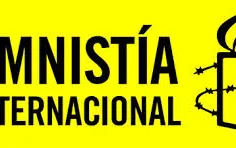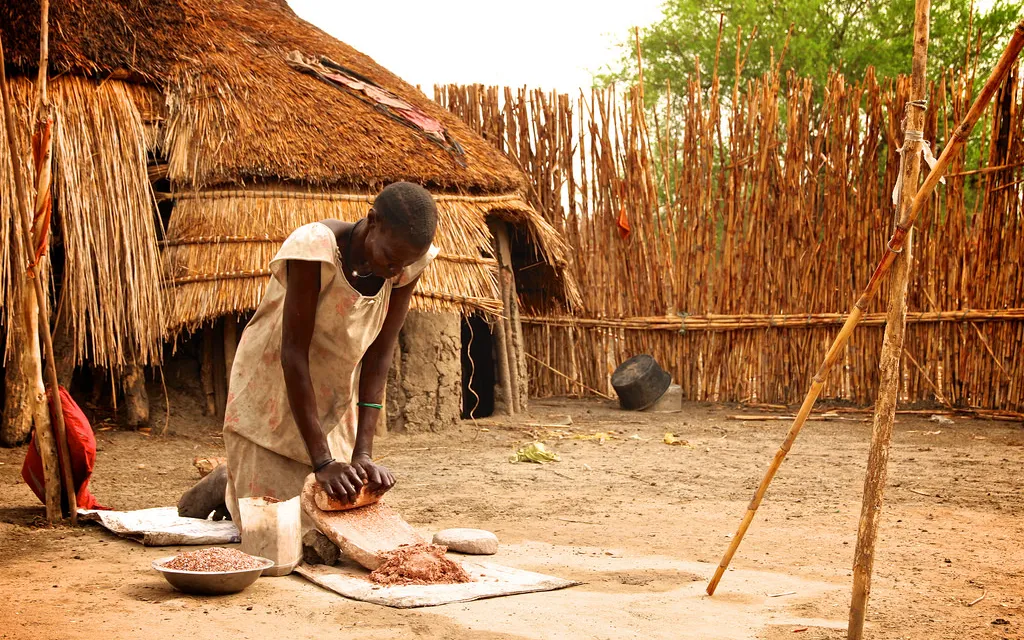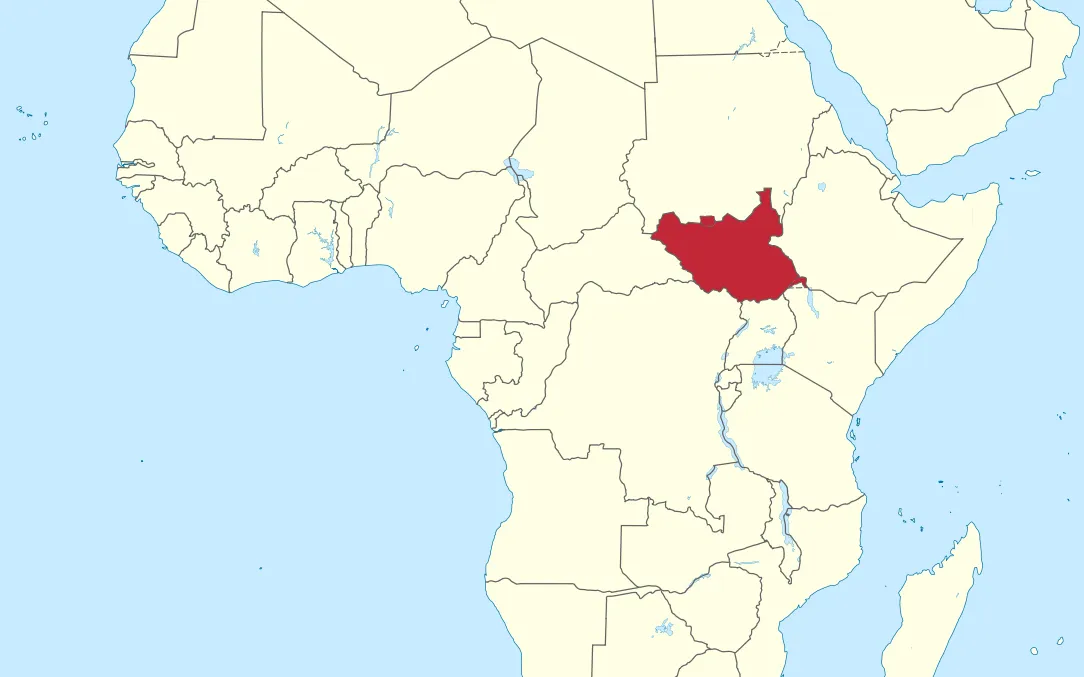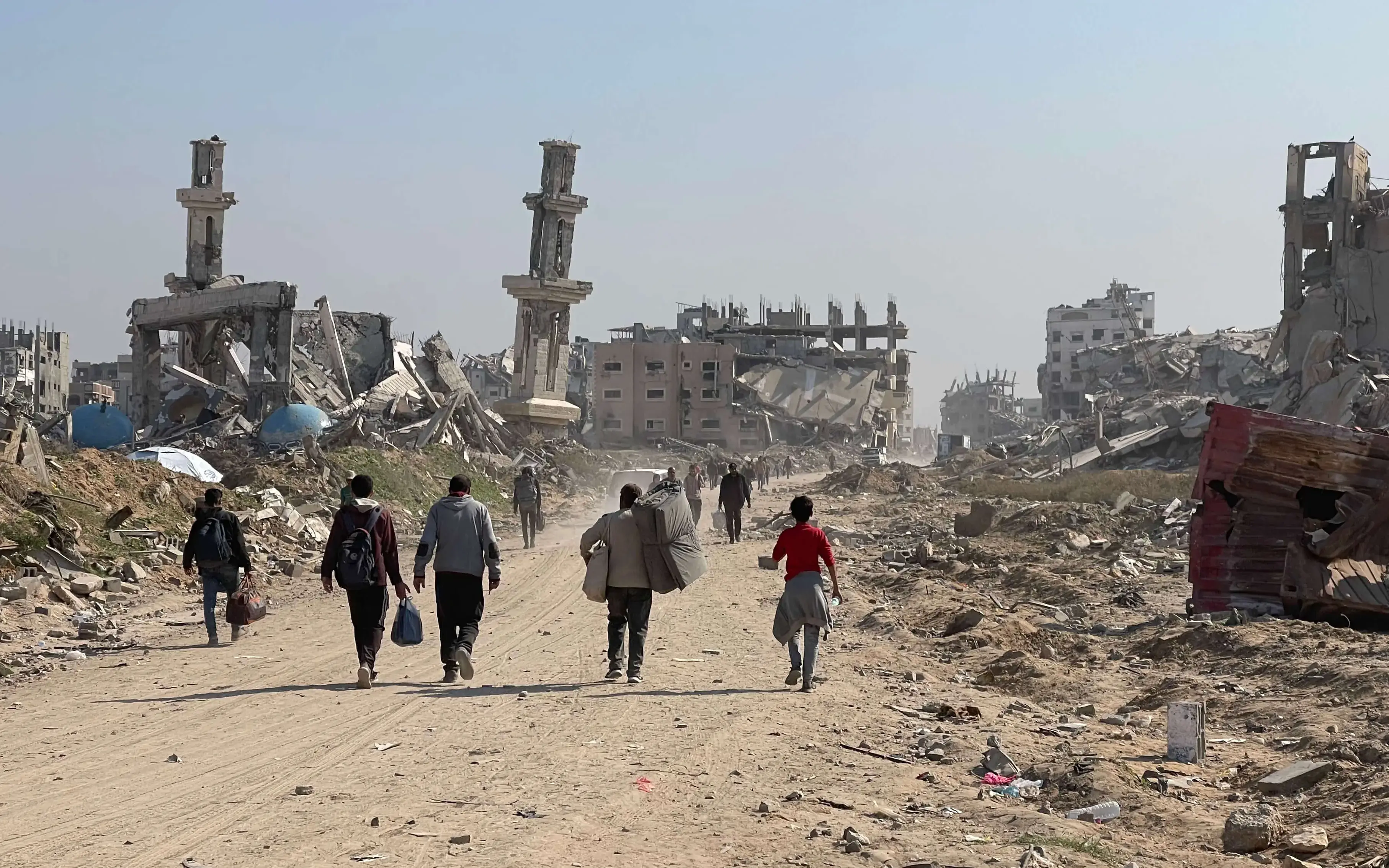The international organisation has blamed the government of the country for the looting perpetrated against the civilian population in the Upper Nile region in the first half of 2017.
In a press release, Amnesty International Catalonia condemned killings, mass deplacements and looting perpetrated against the civilian population of the Upper Nile by the government of South Sudan in continuous attacks carried out between January and May 2017 according to the human rights’ organisation. After interviewing tens of victims and witnesses, Amnesty International has concluded that the offensive led by the government of Salva Kiir Mayardit burned, bombed and looted civilian housing belonging to members of the Shilluk ethnic minority. As reported in the press release, these attacks are the result of an alliance between government troops and ethnic Dinka militias, where anything from food to household objects were stolen.
This offensive has allowed government forces to recover terrain which had been controlled by an opposition armed group over the past few years made up of Shilluk fighters. This group was under the command of Johnson Olony. The attack consequentially brought about the displacement of tens of thousands of Shilluk civilians, according to the organisation, including the populations of numerous towns and villages on the west bank of the White Nile.
According to the Spanish news agency EFE, the acting spokesman of the Army, Santo Dominic, confirmed that the rebels attacked three positions in the state of the Upper Nile, specifically Kola, Kuek and Ghabat. On her side, Joanne Mariner, general crisis response adviser at Amnesty International, confirmed in the press release that “large areas of the territory inhabited by the Shilluk have been devastated by setting fire to civilian homes and looting their belongings”.
At the end of May and start of June, investigators from Amnesty International interviewed 79 victims and witnesses of abuse in a camp for displaced persons in Aburoc and Malakal, where the UN civilian protection centre is located. The organisation reports that a number of civilian killings have been documented at the hands of government troops, some of which include the elderly or defenceless who were unable to escape the fire engulfing their homes.
Moreover, Amnesty International has gathered satellite images showing the destruction of houses and heritage sites, such as a traditional temple in the Wau Shilluk zone. In the second half of 2017, some Shilluks have returned home, but many remain displaced. Thousands of people are now seeking refuge in Sudan and the survivors in Aburoc are suffering extreme scarcity and cases of cholera.
South Sudan has gone through numerous spikes in violence since it declared independence in 2011. Since July 2016, tensions have accentuated when the armed combat was resumed between forces of president Kiir and the rebel leader Riek Machar. If you would like to find out more about the conflict in South Sudan, click on the following link.









Add new comment